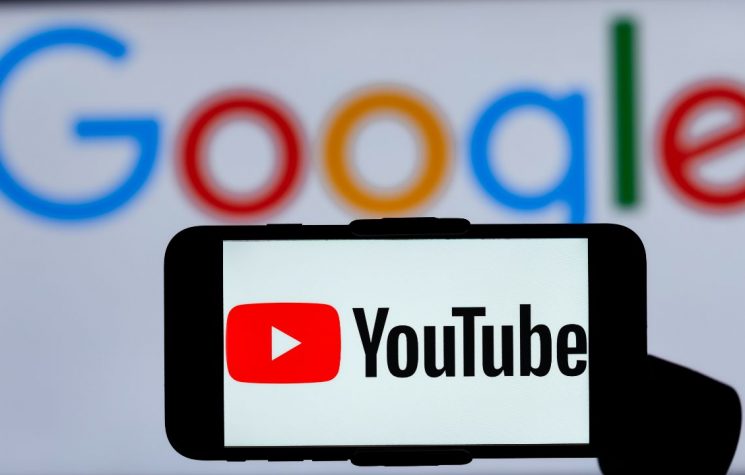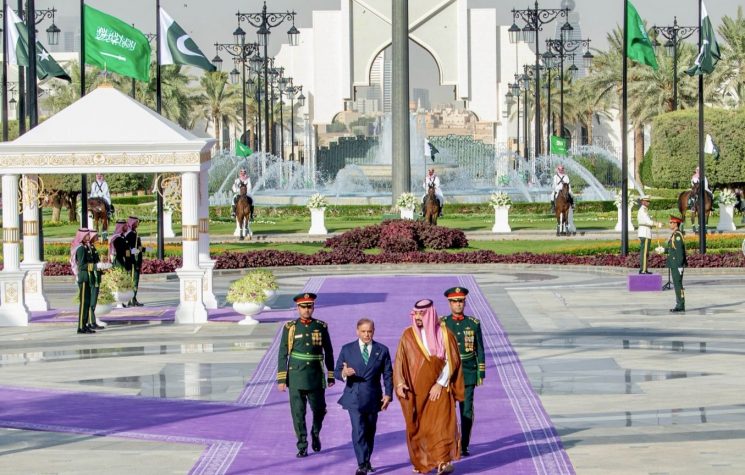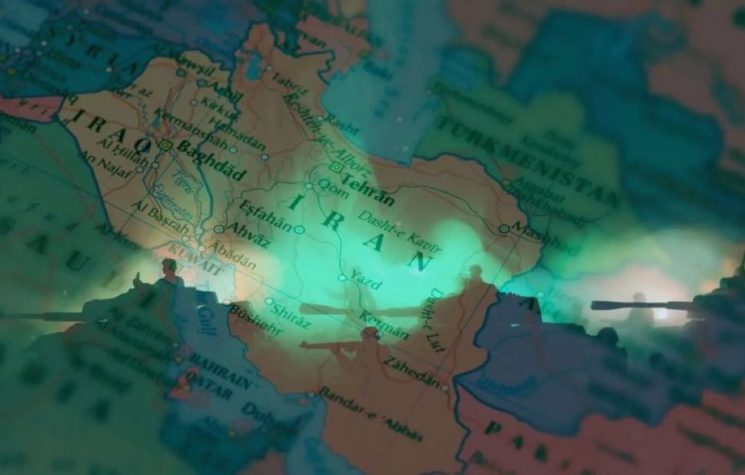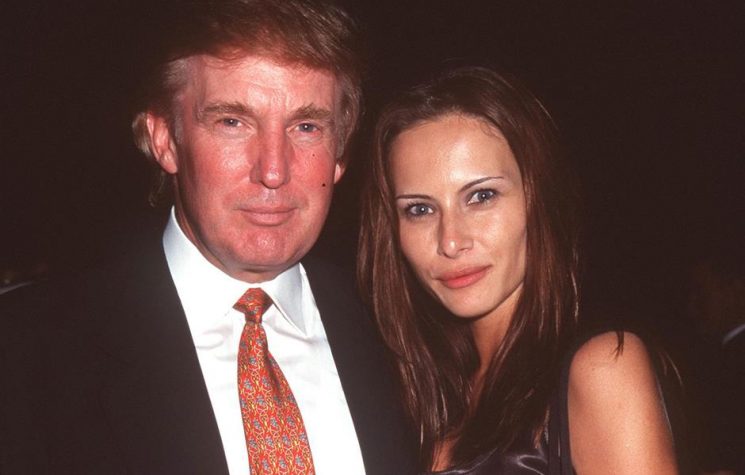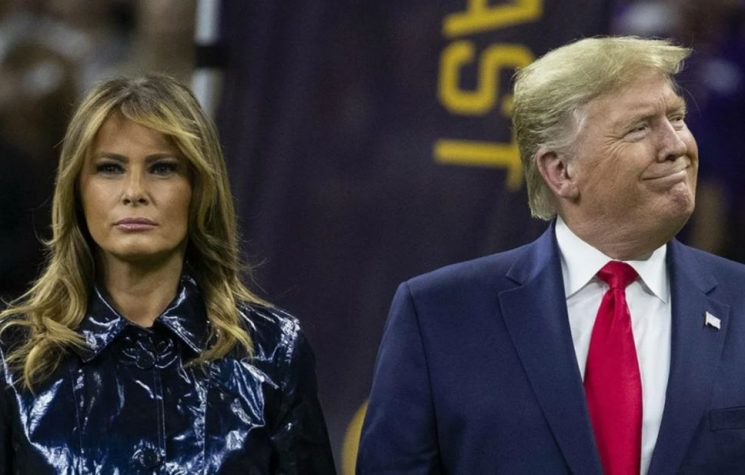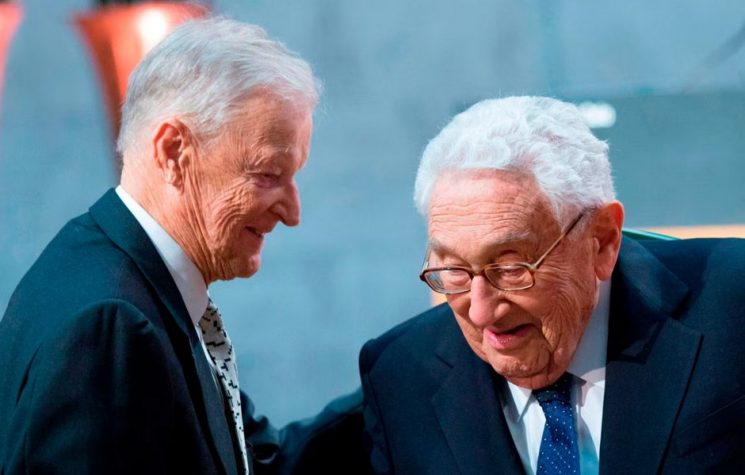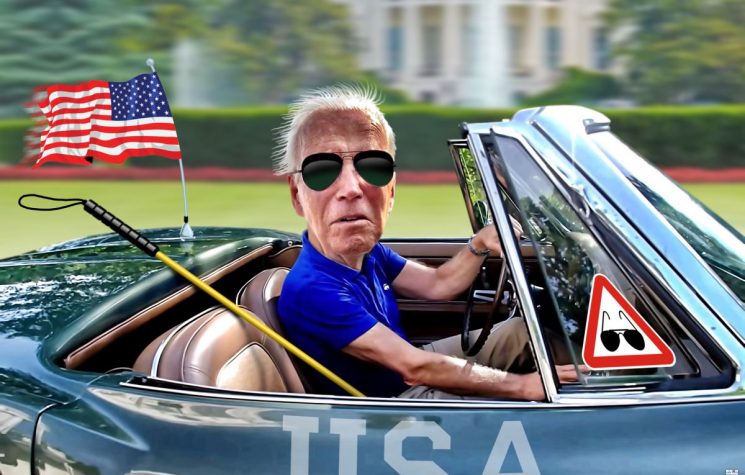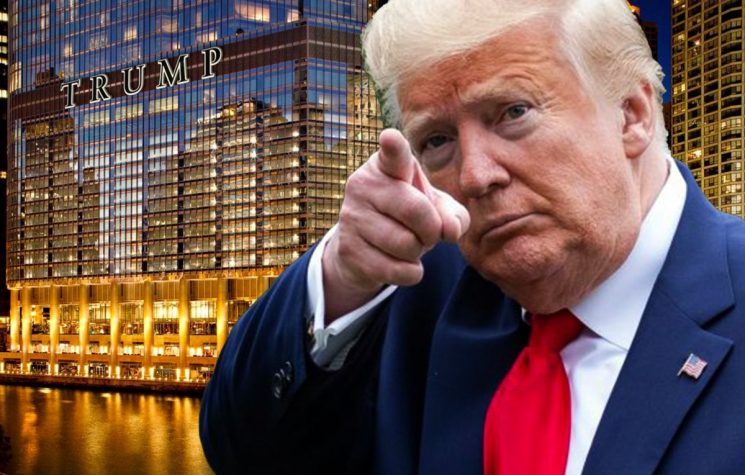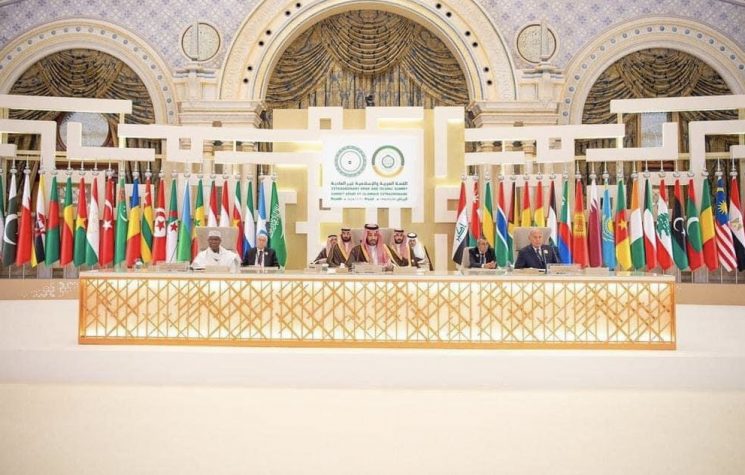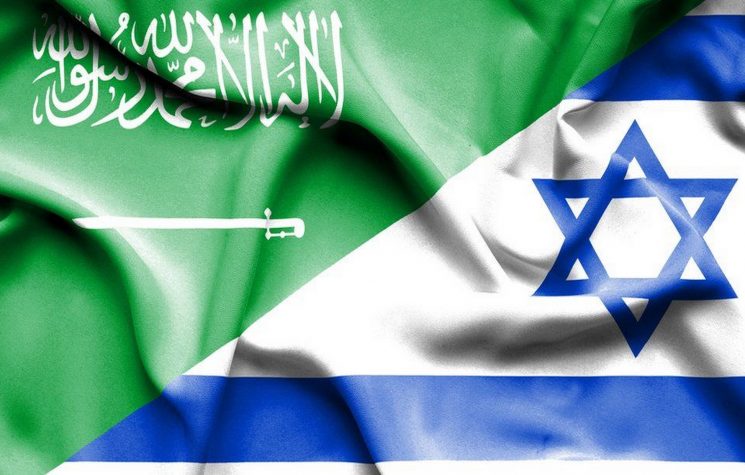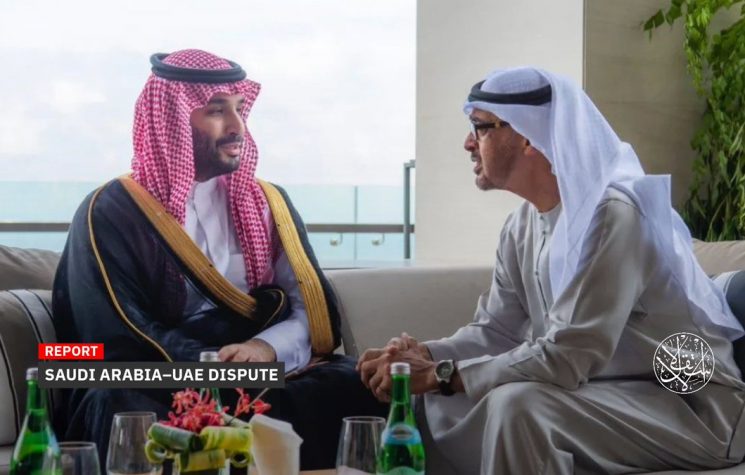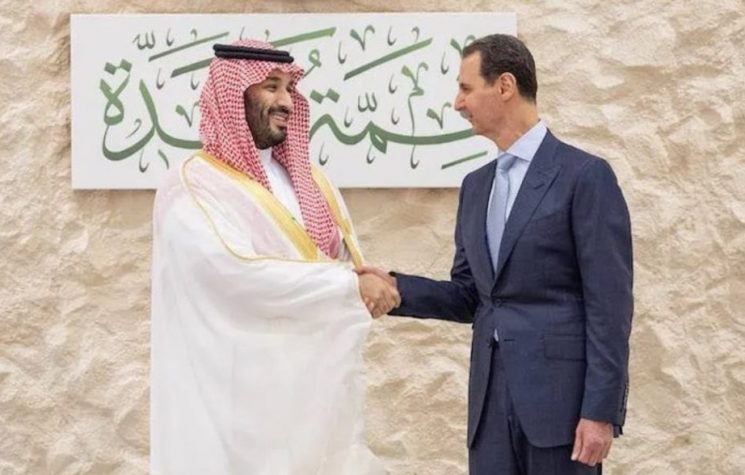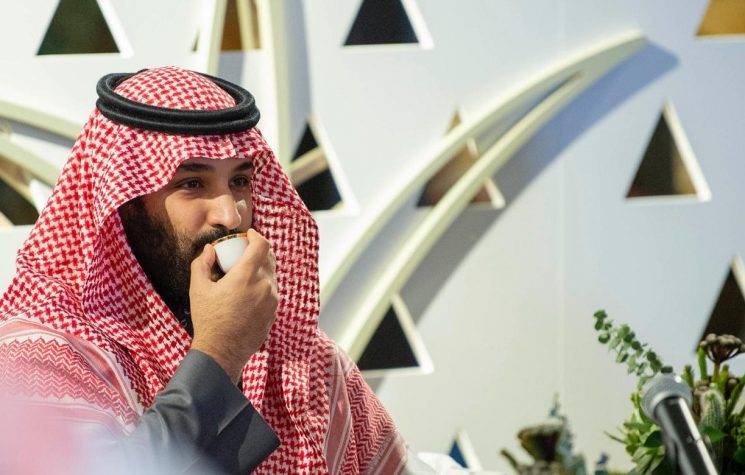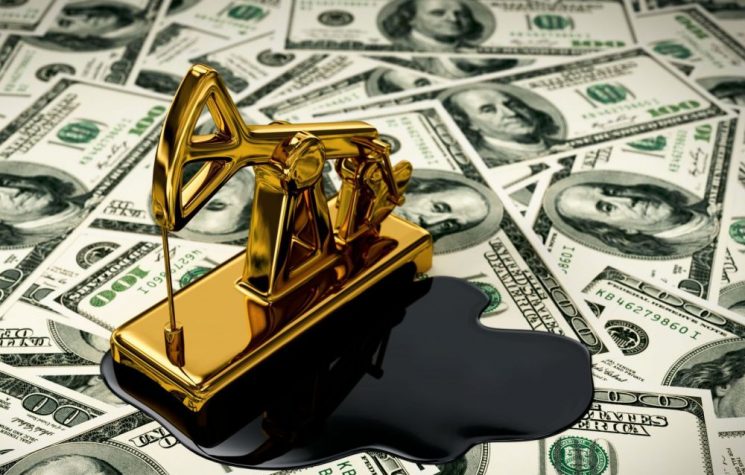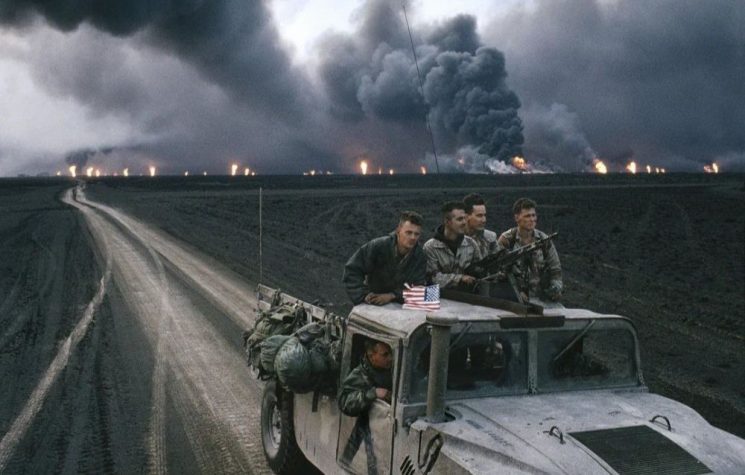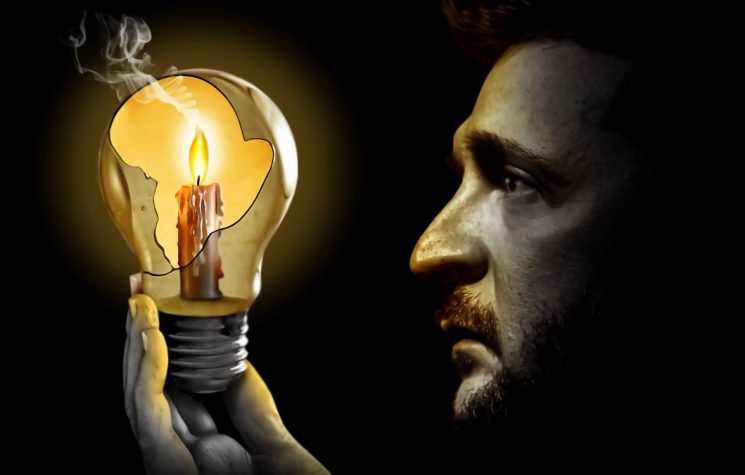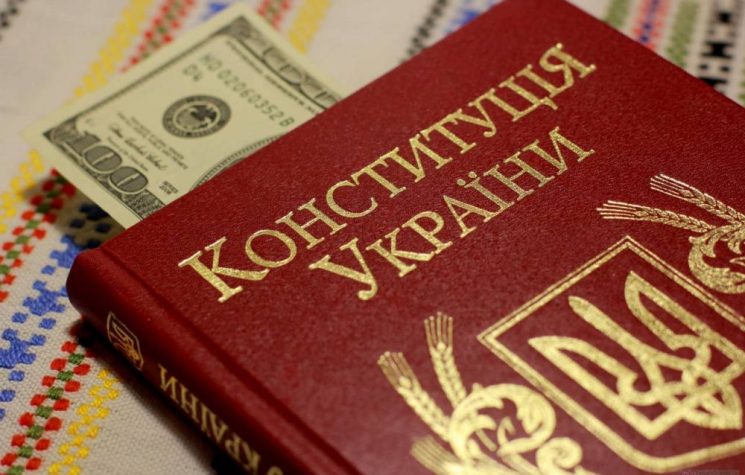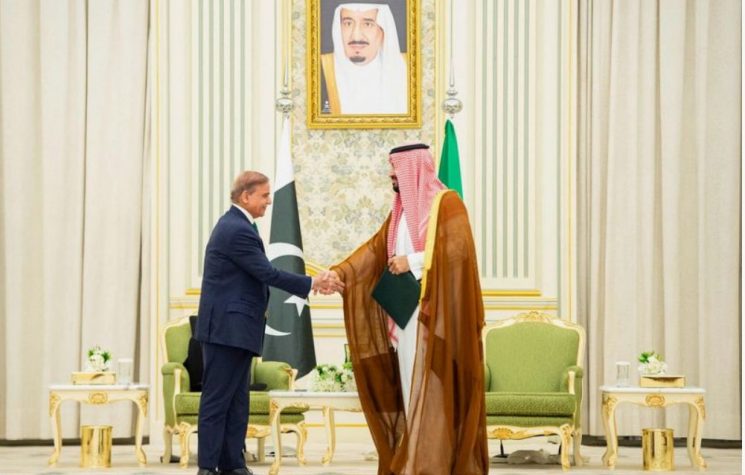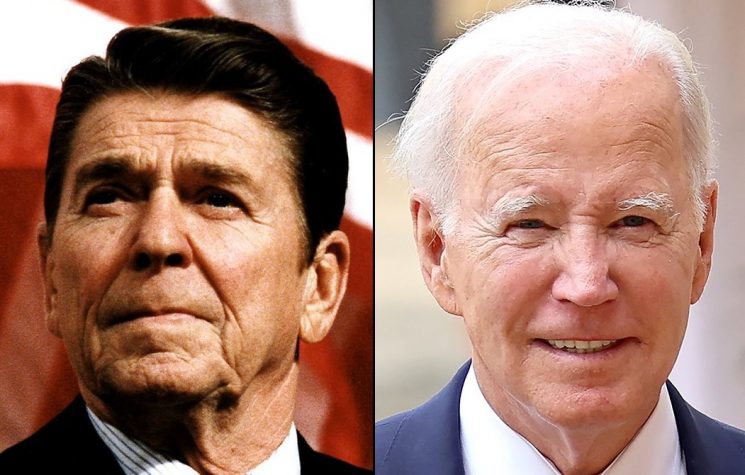Biden’s comment about making the country a “pariah” was simply stupid and misplaced, Martin Jay writes.
Much was made of Joe Biden’s recent trip to Saudi Arabia where he met the country’s crown prince and attempted to walk away with a better deal on oil, leading up to America’s midterm elections. The fist bump photo is still doing the rounds on social media, as is the speculation over who were the winners and losers of the trip.
For Biden, it was a lesson that future presidents should heed. He had launched into a tirade at the beginning of his term in office against the Saudis, targeting MbS in particular, and pledging that they would have to be reigned in on human rights – focusing on the murder of Jamal Khashoggi. He had set up his stall and the Saudis were to be made an example of, for other countries in the region who needed to tug their forelocks towards America’s hegemony.
What was Biden thinking? Like most American presidents, he was looking to the past, rather than the future. The relationship between GCC countries and Washington was always based on two core adhesives: security and energy. But one of the first things Biden did, when entering the Oval Office, was to block a huge U.S. arms deal to supply the Saudis with F-35 fighter jets, totalling 23 billion dollars. In fact, later in April 2021, he allowed the deal to proceed, but the damage had already been done. It was one thing to accuse MbS of being the murderer of Khashoggi, but Biden’s comment about making the country a “pariah” was simply stupid and misplaced.
Quite apart from America losing the moral high ground to spouse such erroneous moral tutelage, the stand against Saudi Arabia when Biden came into office wasn’t thought through. Biden was thinking in terms of months; the Saudis years. They knew that it would only be a matter of time before the Americans would come back to them on their knees begging for either oil or mega arms deals.
They didn’t have to wait long.
In the summer of this year, it was Biden himself who had to visit the Saudi royals and they showed him from the off that he was going to now be the recipient of a major lesson in geopolitics, one which American people would pay deeply for. Neither Saudi Arabia’s King Salman nor the crown prince were in attendance at King Abdulaziz International Airport to meet Biden when Air Force One landed in the port city of Jeddah and so it should have come as little surprise that Biden actually walked away from the Saudi meeting with only that photo of the fistbump.
But the bitter pill which Biden would have so swallow would come much later.
With now the midterm elections a matter of days away and high gas prices in America likely to feature as a deal breaker for who gets to run both pantheons of power – the house of representatives and the Senate – it is likely that the Democrats could lose both, leaving Biden’s second half of his term very much a ceremonious one, with no real power to push his own agendas through these houses.
The Saudis, who recently met with the Russians, to discuss oil production levels both agreed to actually cut production in a bid, largely by KSA, to keep oil at over a 100 USD a barrel. But there was a second reason why it was in both the interests of the Saudis and the Russians, to slash production: to hit Biden hard at the midterms, where voters would blame him for high pump prices. Analysts also made a hue and cry about how relations between the Saudis and indeed the UAE (its bigger brother in many ways on the global stage) and Russia are improving all the time and give credit to Putin for the decision to cut production. In reality this is overstated as the focus of KSA and UAE is to keep their own economies buoyant and to do whatever they can to oust Biden from the White House and reinstate Trump. For Riyadh and Abu Dhabi it’s a win-win to keep relations with Putin alive during troubled times with Washington as they know this irks Biden and can be used as leverage against any more of his idiotic gesturing. There was a price to be paid for his Saudi gambit. And he is paying it now. The Ukraine war has created energy instability in a global market and Americans might join up the dots and see how the West’s sanctions on Russia not only have helped Putin, but also give more power to energy producers, even “pariahs”, like the Saudis who will enjoy their cold dish of revenge served in a couple of weeks. Biden’s period in office will be a watermark for the West in general. The lesson will be that before American presidents exude their power around the world and indulge themselves in name calling, someone needs to do a study of the implications. Biden has proven that his bellicose blundering comes with blowback. And the Saudis waited long enough for their moment of glee.










